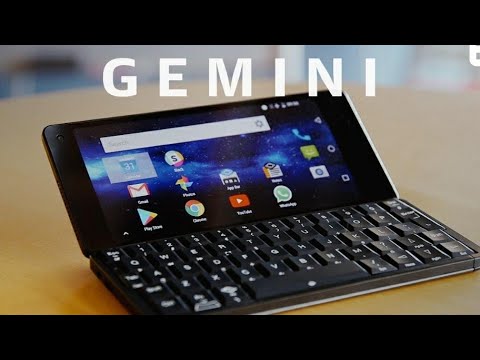[ad_1]
SAN FRANCISCO – In sci-fi shows like Westworld and The Expanse, characters use evolved mobile devices with sleek transparent designs that can project holograms or magically morph their interface as needed. Fanciful? Maybe. But smartphones are about to take a leap forward.
Today, tech giants are putting the pieces in place for advancements in artificial intelligence that will push the smartphone into its next era — and soon. Within the next few years, experts say, our phones will be much more intuitive, helpful and even friendly. That shift would not only make phones feel fresh and interesting in ways they haven’t been for years but could also liberate us from being immersed in our screens.
Just last week, Apple announced the iPhone 16 and iPhone16 Pro, which it’s trumpeting as the first iPhones built for the company’s new AI system, Apple Intelligence. The new phones include a dedicated button for triggering the camera and “visual intelligence,” an AI-fueled camera mode that lets you learn about your environment just by pointing your phone and pushing a button.
In the future that companies like Apple, OpenAI, Samsung and Google are sketching out, your phone’s camera won’t just be for snapping selfies or documenting your vacation — it’ll be a wider window into the world around you. Apple’s upcoming visual intelligence feature is just one example.
Most smartphones will continue to look like the slabs of glass and metal we carry around today for the foreseeable future (sorry, no holograms or see-through screens yet). But they’ll get better at surfacing information the moment we need it, almost like the adaptable software shown on the devices in The Expanse. Instead of constantly jumping between apps and digging through menus, you may find yourself simply speaking to your phone to get things done. Or better yet, your phone’s screen may show exactly what you need without you even having to ask.
“My very top-down view is that long term, I would like a phone where you would never have to go into the settings menu,” Patrick Chomet, Samsung’s executive vice president and head of customer experience, tells me. “You shouldn’t have to know the name of any feature. And we wouldn’t have to name them, because the device would have full enough intelligence and context to support the actions that you want to do.”
Speaking with tech executives, analysts and futurists, and drawing on my own experience trying new devices and cutting-edge virtual assistants, has painted a picture of where the smartphone is headed.
AI arrives to breathe new life into the smartphone
At a time when the majority of people in the world own a smartphone, the idea of having a supercomputer in your pocket isn’t as novel as it once was. It’s harder than ever to get consumers excited about new phones — as innovative as folding phones are, they haven’t exactly ignited much fervor among consumers. And there’s data to show it. Forty-four percent of smartphone owners upgrade their phone only when it breaks or needs replacing, according to a CNET survey published in September based on data collected by YouGov.
The same survey also indicated that consumers hold onto their phones for three years or longer, aligning with comments Verizon CEO Hans Vestberg made to CNBC in July that subscribers keep their phones for way over 36 months. Although the smartphone market began to rebound this year, sales reached nearly a decade low in 2023, according to Counterpoint.
“The smartphone has become commoditized, so they’re all fairly similar,” said Amy Webb, a quantitative futurist and founder and CEO of the Future Today Institute. “Even though you have two predominant operating systems that are different, they’re also not totally different from each other.”
To read more, click on CNET
[ad_2]
Source link











